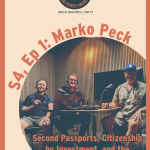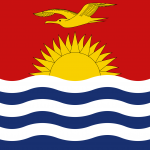Baguio, a city famous for its cooler climate, stunning views, and pine-scented air, has recently become a battleground for smokers. With a growing number of cities worldwide introducing smoking bans to improve public health and reduce secondhand smoke exposure, Baguio followed suit. But here’s the catch, did the ban actually work?
Well, the short answer is no, not really. Instead of eradicating smoking, the ban simply forced smokers to find new, less visible spots to light up, and maybe even added some extra spice to the experience. Let’s take a deep dive into the Baguio smoking ban, what it means, and how it’s playing out in the real world.
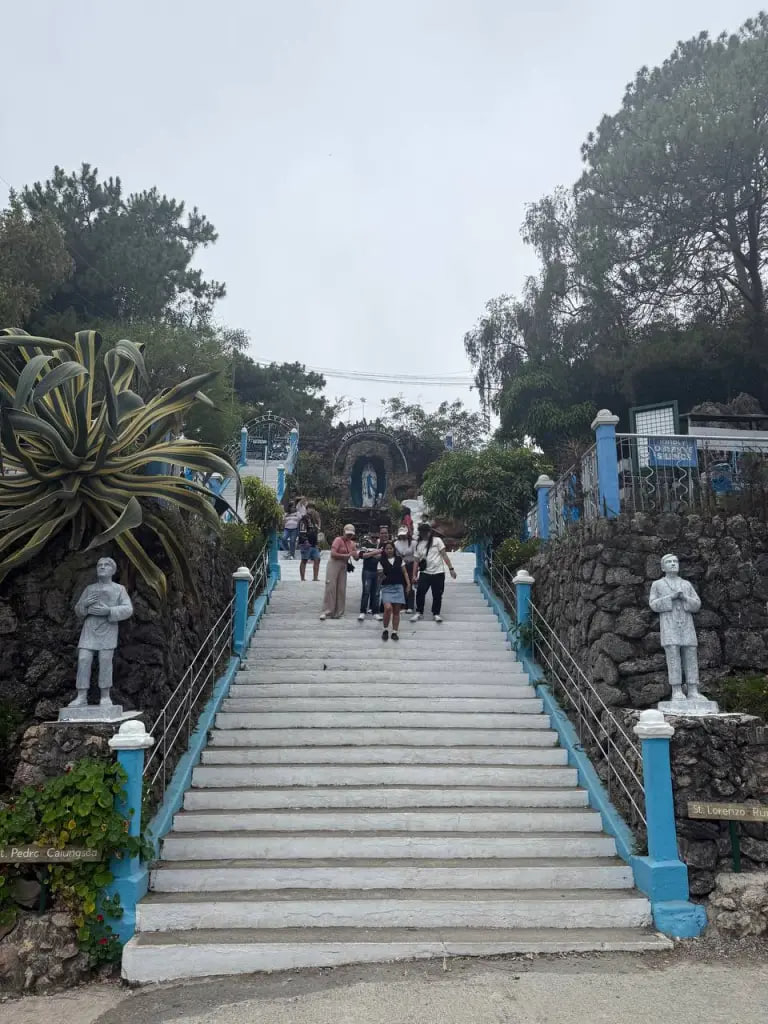
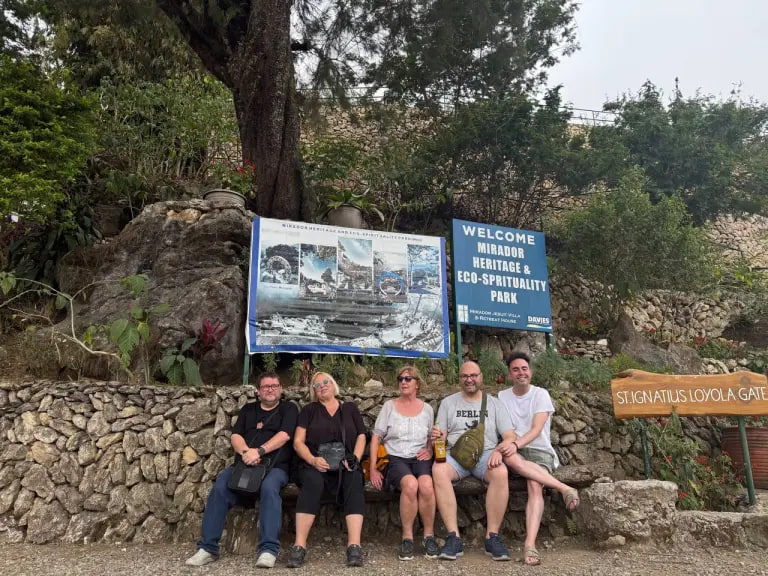
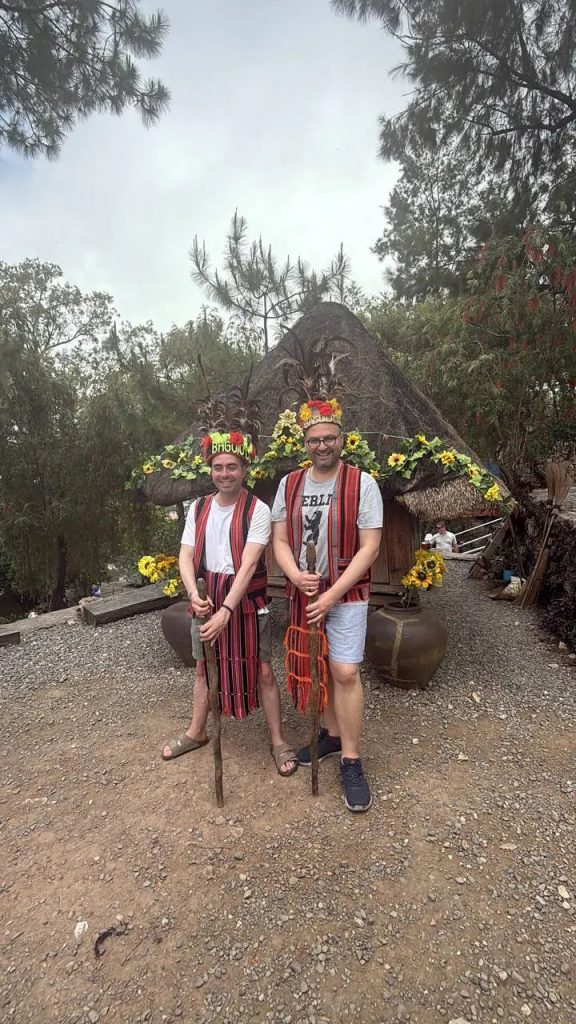
Table of Contents
Can You Smoke in Baguio?
The burning question many visitors ask is: “Can you smoke in Baguio?” The answer is yes, but with some conditions. Smoking is strictly prohibited in certain areas, including public parks, near government buildings, in enclosed public spaces, and around markets. If you want to smoke in Baguio, you have to find one of the designated smoking areas. These are usually small, marked spots located in specific parts of the city, such as some cafes, restaurants, or outdoor zones that have been set aside for smokers.
However, these designated areas are few and far between, and the reality is that the smoking ban hasn’t stopped the habit; it’s just pushed it into the shadows. You’ll find smokers in parking lots, alleyways, or tucked away in less obvious places, far from the watchful eyes of the law. And while it may sound like a joke, finding one of these hidden spots can almost feel like a treasure hunt for smokers.
And make no mistake people are absolute dicks about this!!!!
The Baguio Smoking Ban: What Does It Really Mean?
The Baguio smoking ban was introduced with the best of intentions, as in protecting people from secondhand smoke and creating a cleaner environment for everyone. But let’s be honest: the outcome hasn’t exactly matched the goal. Yes, you won’t see many smokers casually walking around with a cigarette in hand on the main streets, but that doesn’t mean they’ve all given up smoking. Instead, it has simply forced them to relocate to less public places.
The biggest impact of the smoking ban is that it’s made smoking more secretive. Parking lots around the city have become prime spots for smokers to gather and light up. You won’t find cigarette butts strewn along the sidewalks, but if you look carefully, you might spot a small group huddling together in a dimly lit parking lot. It’s an unspoken underground network where people continue to smoke, just away from the prying eyes of law enforcement.
And here’s the kicker—while smoking has been restricted in public spaces, cigarettes haven’t disappeared. Instead, they’ve become more of a black market commodity. Smokers are still lighting up, but the sources of their cigarettes might not always be entirely legal. So, in a sense, the Baguio smoking ban has just created a subculture of smokers who now operate in secret.
Fun factiod! The first ever smoking ban was by Hitler! Make of that what you will.
What About the Vape Ban?
As if the smoking ban wasn’t complicated enough, Baguio also introduced a vaping ban. While vaping has gained popularity worldwide, Baguio isn’t a fan. The vape ban was put in place to mirror the smoking ban, restricting e-cigarette use in public spaces. But let’s be real here: the vape ban has created the same situation as the smoking ban. Instead of stopping people from vaping, it’s simply pushed them into more covert areas.
Vaping has become an even hotter commodity under this ban. Vapers have their own underground scene now, looking for hidden spots to puff away on their e-cigarettes.
The vape community in Baguio faces the same challenge as traditional smokers, trying to enjoy their habit without attracting unwanted attention from authorities. Just like regular smokers, vapers are now hunting for secret spots where they can get their fix without facing a fine.
Thankfully vaping is quite easy to hide!!!!!
The Black Market and the Consequences
The unintended consequence of Baguio’s smoking and vaping bans is the rise of the black market. With cigarettes and vape products harder to find in legal, public places, people have turned to underground networks to get their nicotine fix. Smokers are no longer just buying cigarettes from convenience stores or tobacco shops—they are now turning to unofficial sources, which can sometimes come with risks like counterfeit products or illegally smuggled goods.
This black market for tobacco has added a whole new layer of complexity to the Baguio smoking ban. While the authorities may be cracking down on public smoking, they’ve created a thriving underground economy where smokers can continue their habit, albeit in a more clandestine fashion.
What Would Duterte Think?
Former President Duterte was never one to shy away from controversial policies, and his administration’s stance on smoking was no different. Under his leadership, smoking bans were enforced in cities across the Philippines. But now that Duterte is no longer in power (and currently serving time), you have to wonder how he would feel about Baguio’s smoking ban. Well, considering his tough approach to a variety of issues, he’d probably have a wry smile on his face. He would likely approve of the government’s efforts to control smoking but also recognize that people will always find a way to do what they want.
From Duterte’s point of view, Baguio’s smoking ban has done exactly what he expected, made smoking a little harder, but not impossible. Whether it’s cigarettes or vapes, Baguio’s smokers are still managing to get their fix; they just have to be a little sneakier about it. In the grand scheme of things, the ban hasn’t exactly achieved the goal of eliminating smoking but has instead given rise to a new subculture of smokers operating in the shadows.

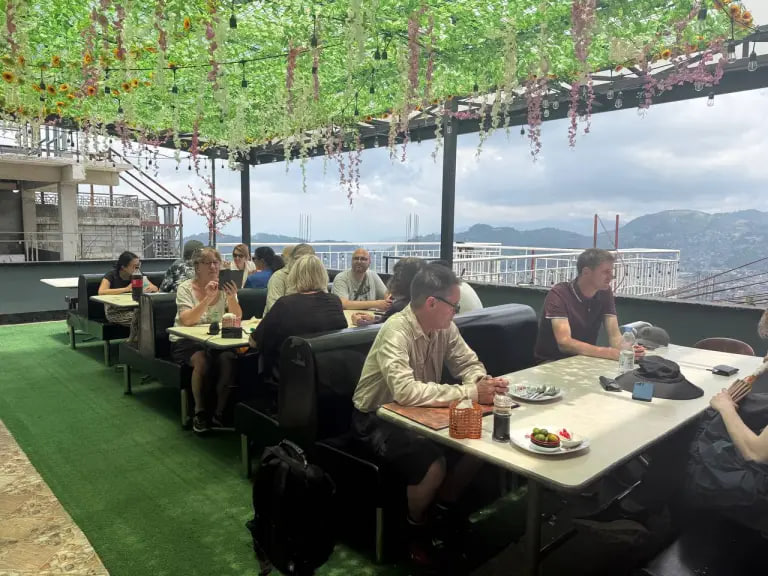
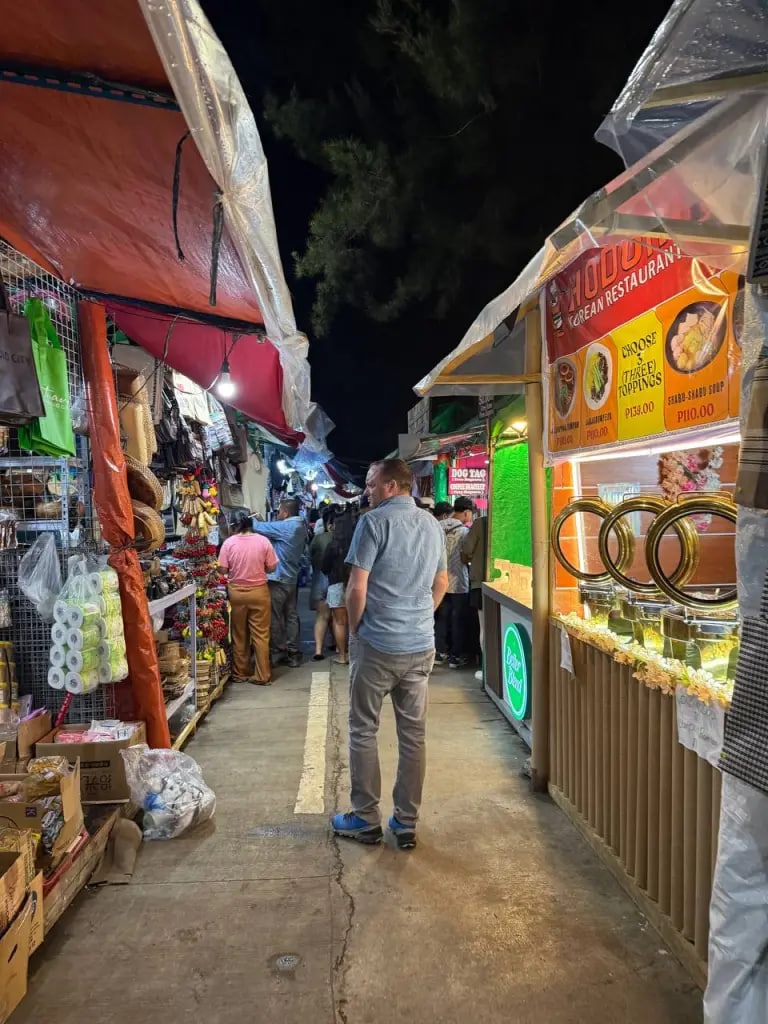
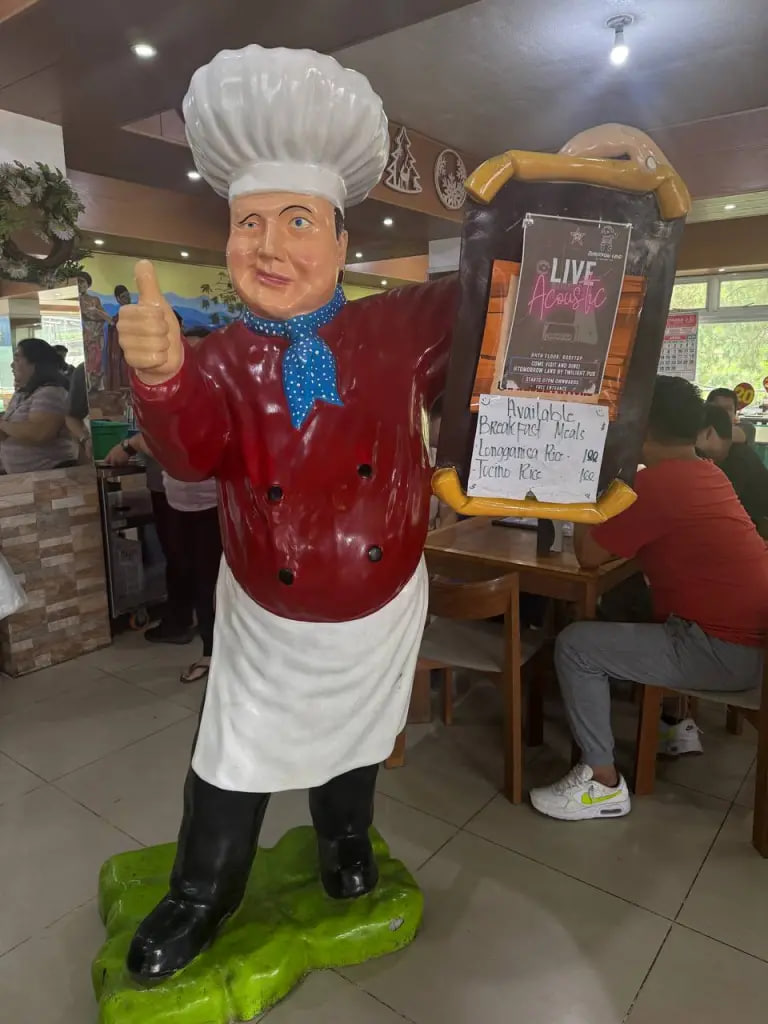
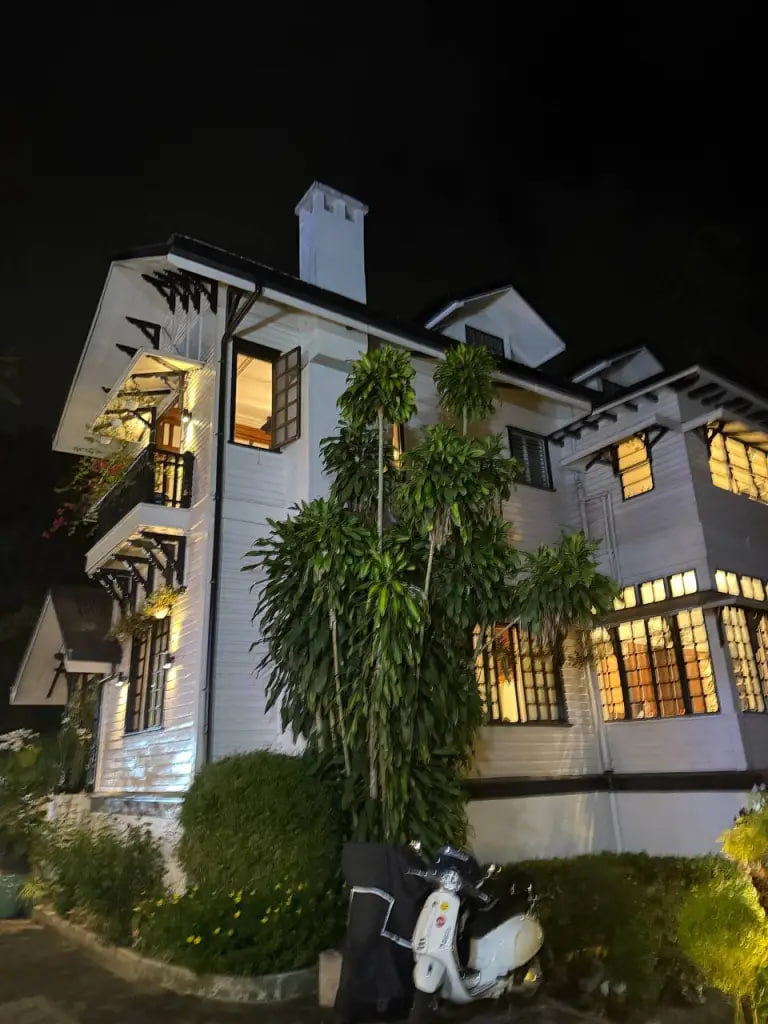
The Final Word on Baguio Smoking Ban
So, can you smoke in Baguio? The answer is yes, but only if you can find one of the designated smoking areas, or if you’re okay with breaking the rules and finding a more private spot. The Baguio smoking ban has made smoking a bit trickier, but it certainly hasn’t stamped out the habit.
Instead, it’s created a world where smokers seek out hidden corners, parking lots, and underground sources for their cigarettes. And let’s not even start on the vape ban, which has only added to the challenge. But in the end, it’s clear that Baguio’s smoking culture is alive and well, just a little more secretive than before.
Click to check out our Philippines Tours.




